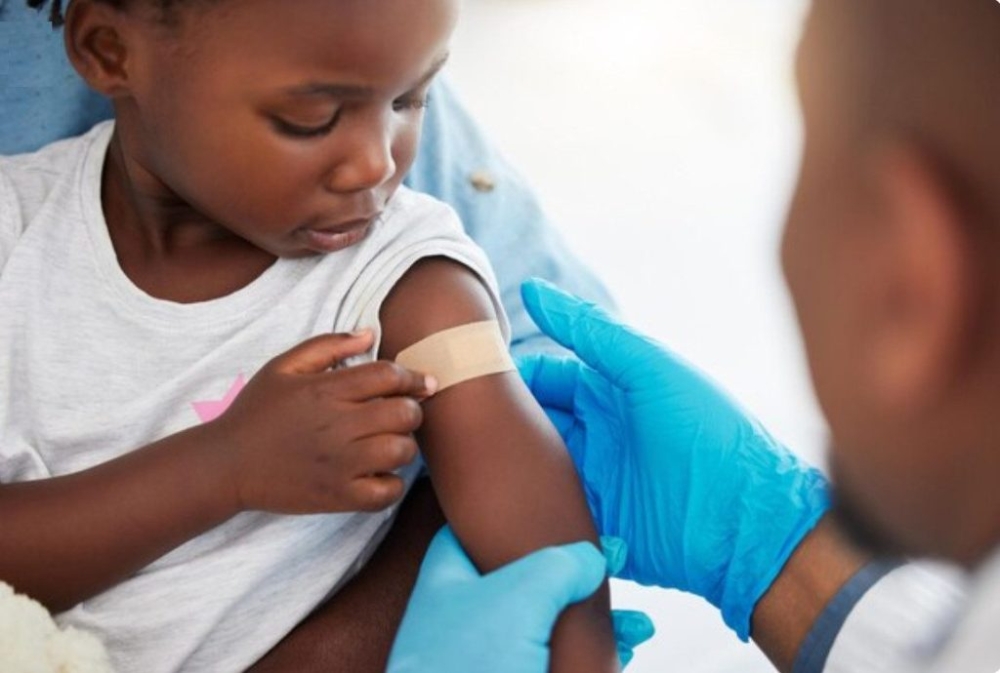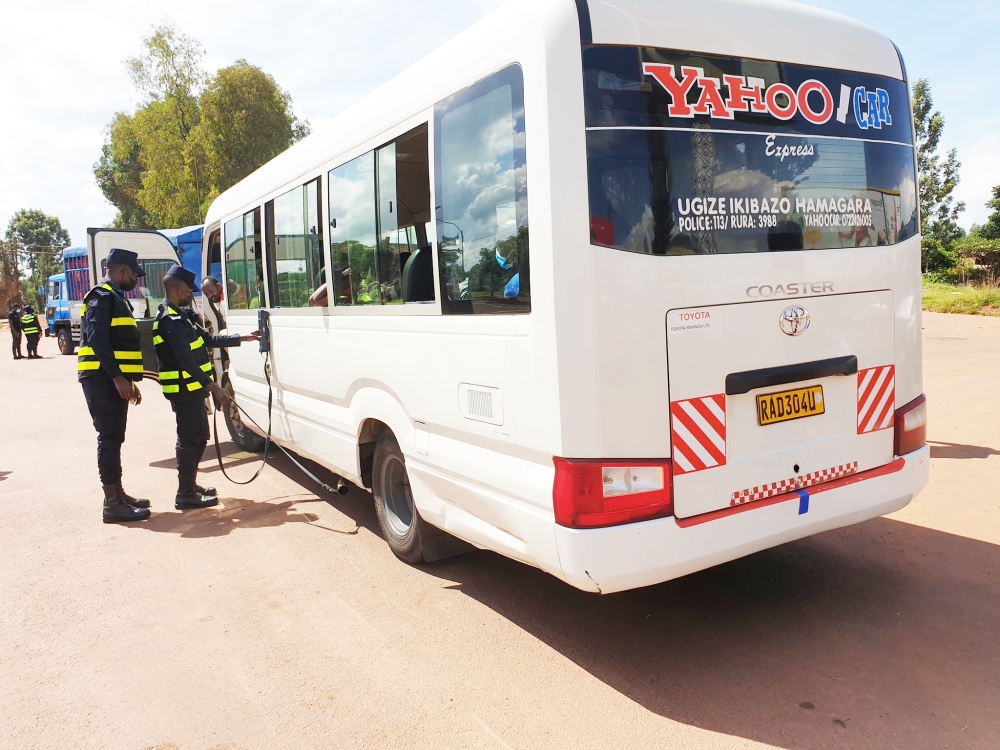Norbert Ndemezo who survived the 1994 Genocide against Tutsi is now a third year student at Kigali Independent University (ULK) and owns a rice wholesale shop in Kimironko market, Gasabo District.

Norbert Ndemezo who survived the 1994 Genocide against Tutsi is now a third year student at Kigali Independent University (ULK) and owns a rice wholesale shop in Kimironko market, Gasabo District.
In an interview with The Sunday Times, he narrates how he started small and ended up with a bigger business and source of income.
He started working at a fuel station in 2009 in Eastern Province’s Kirehe District while studying at the Institute of Agriculture, Technology and Education of Kibungo (INATEK), earning Rwf 50,000 per month.
Then he started saving some money slowly until he got Rwf 280,000, which he used to start selling chicken in Kimironko market.
In 2011, he dropped the chicken business and ventured into a restaurant but a year later he figured he wasn’t making profits.
His brother advised him to get a store in Kimironko market and start selling rice to retailers. He also connected him to Kirehe Rice Company Limited which started supplying rice to his store on credit for two months.
While he got 10 tonnes of rice from the company at Rwf 10million credit at the beginning, he was able to pay the money back and made profits selling the produce, which helped him to currently run a store of Rwf 15million.
Apart from doing business and studies he is an artiste. He sings during the Genocide commemoration period and elections.
His clients are found within Kimironko area in Gasabo District and his dream remains to become a stronger, self employed person.
Keeping positive and caring for others
While life was not easy before he ventured into business, Ndemezo is now happy that he makes Rwf 500,000 every month as net income.
He uses the money to pay rent for his residential house and the rice store, pay school fees, care for his family and two brothers and puts the remainder in a bank for savings.
The young entrepreneur dreams that one day he will be exporting his goods to the entire East African region.
He advises the youth to keep hope that they can make a difference by creating their own jobs and working together to acquire loans that they need to start their businesses.




